Guess who invented English?
The Dutch of course! Hundreds of English words come directly from the Dutch language. Now go eat a cookie on your yacht like a boss!
1. Yankee
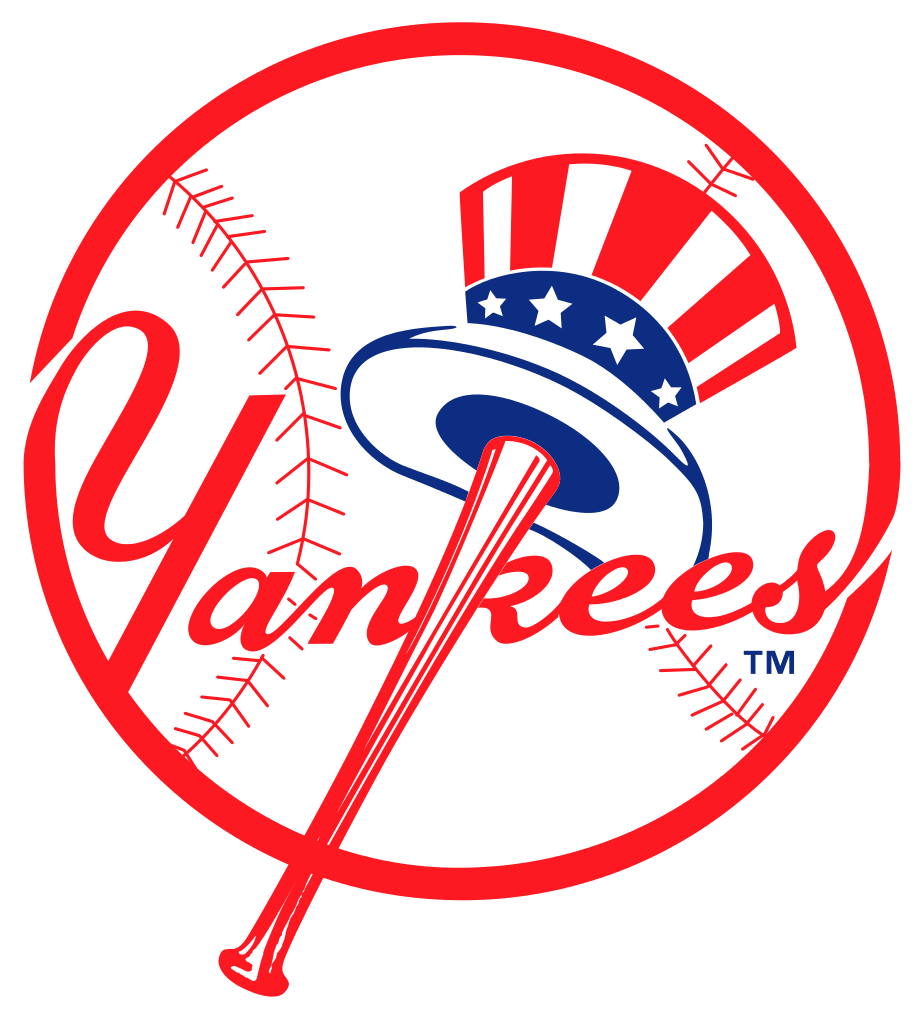
This term originates from 17th century New York (New Amsterdam) where it was used by Dutch settlers as a derogatory name for the English colonists in neighboring Connecticut. The word “Yankee” may come from the Dutch name Janke (a diminutive of the name Jan) or from the name Jan Kes (a familiar form of Jan Cornelius). Others believe it comes instead from the name Jan Kaas (“John Cheese”) which was a generic nickname, at the time, for the Dutch. It seems the term was first used insultingly towards the Dutch, who later turned it around on the English themselves!
2. BOSS
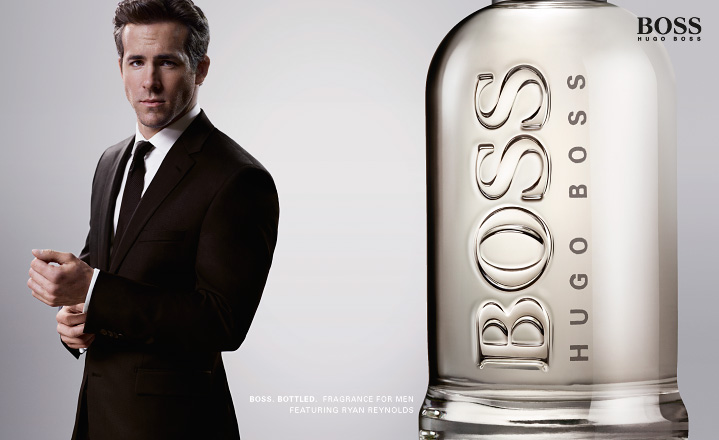
It turns out the Dutch also invented the expression “like a boss”! Well, indirectly that is. The Dutch word baas was first used in the 1620’s as the standard title for a ship’s captain. The Americans may have taken the word on as their own to avoid the use of the word “master” which implied slave subordinates rather than free labourers.
3. Booze
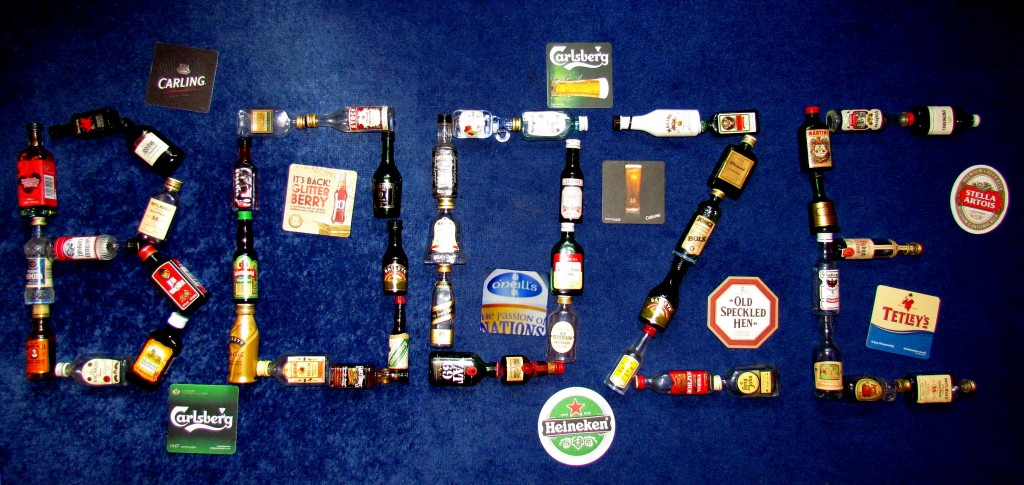
Booze – the word oozes fun, but where o’ where does it come from? This slang word for alcohol comes from the old Dutch verb busen which meant to “drink heavily”.
FUN FACT :
The origin of the word “booze” is often mistakenly credited to E.C. Booz. Mr Booz was an American alcohol distiller in the 19th century, however, his appropriate surname was simply a happy coincidence as the Dutch word predates him!
4. Santa Claus
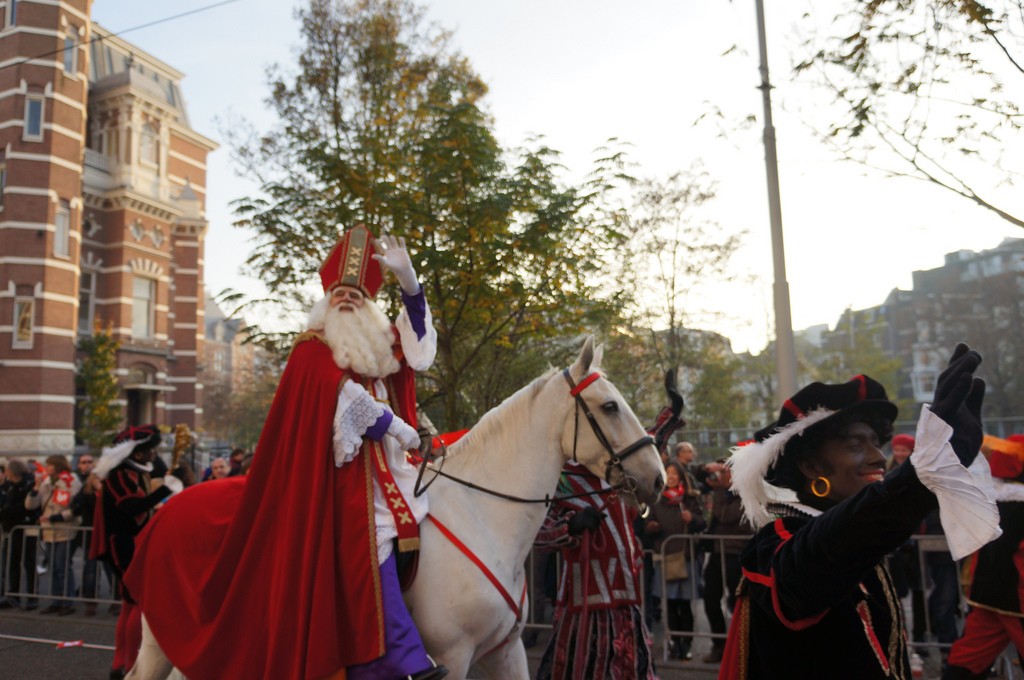
It’s no fairytale that the modern day figure of Santa Claus is derived from the Dutch Sinterklaas. Sinterklaas was named after St. Nicolaus, the Bishop of Mira, who lived in Turkey in the 3rd century. According to the legend, he saved the town from starvation, revived a couple of dead children, and offered gifts of dowries to poor girls so they didn’t have to become prostitutes: a pretty saintly dude. It is often claimed that during the American War of Independence, the inhabitants of New York City (which was a former Dutch colonial town) reinvented the Sinterklaas tradition. In 1773 the New York Gazetteer first made reference to a celebration of ‘St. A Claus’ by the descendants of the ancient Dutch families”. You say Sinterklaas, I say Santa Claus… let’s call the whole thing off!
5. Cookie
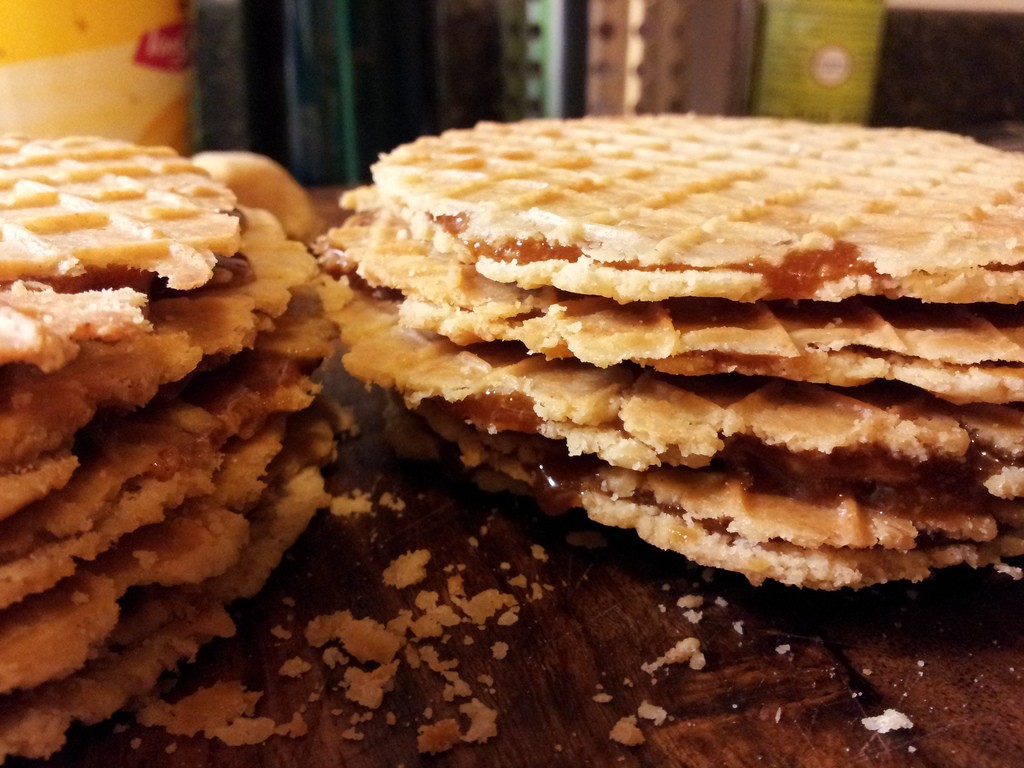
The word “cookie” is directly borrowed from the Dutch word koekje (biscuit/cookie), which is pronounced kook-ye.
FUN FACT :
The English spelling of Dutch words typically omitted combinations of vowels which do not exist in English (like “oe”) and replaced them with existing vowel combinations respectively (like “oo”). Hence, the oe in koekje became oo in cookie.
[sdpl-ad3]
6. Spooky
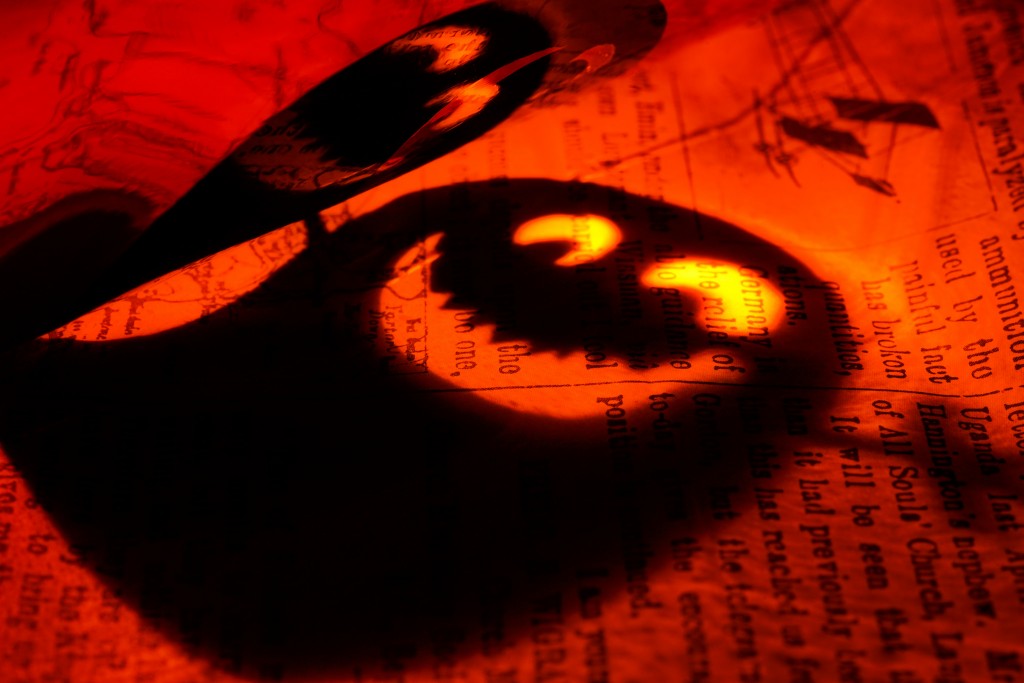
This Dutch word, and its variations, made its way into the English language as early as 1801. Spook, in Dutch, is defined as a “spectre, apparition or ghost”. In English, it is used as a verb, as in “to frighten a person or animal” (e.g “After the horror film, he was spooked!”) or an adjective (spooky) meaning “sinister or ghostly in a way that causes fear and unease”.
7. Coleslaw
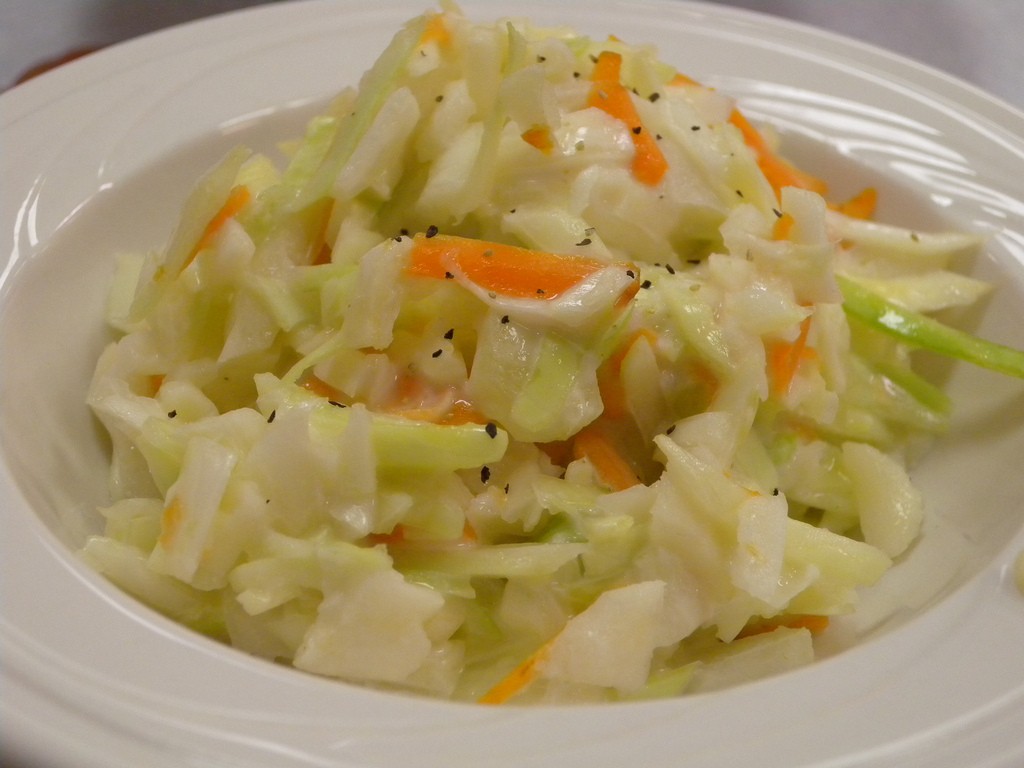
The English word “coleslaw” is a bastardization of the Dutch word koolsla. The Dutch word literally translates to “cabbage salad”. And there you were thinking all along that this word was utterly weird! Look who’s hungry for some fried chicken and coleslaw now!
8. Quack
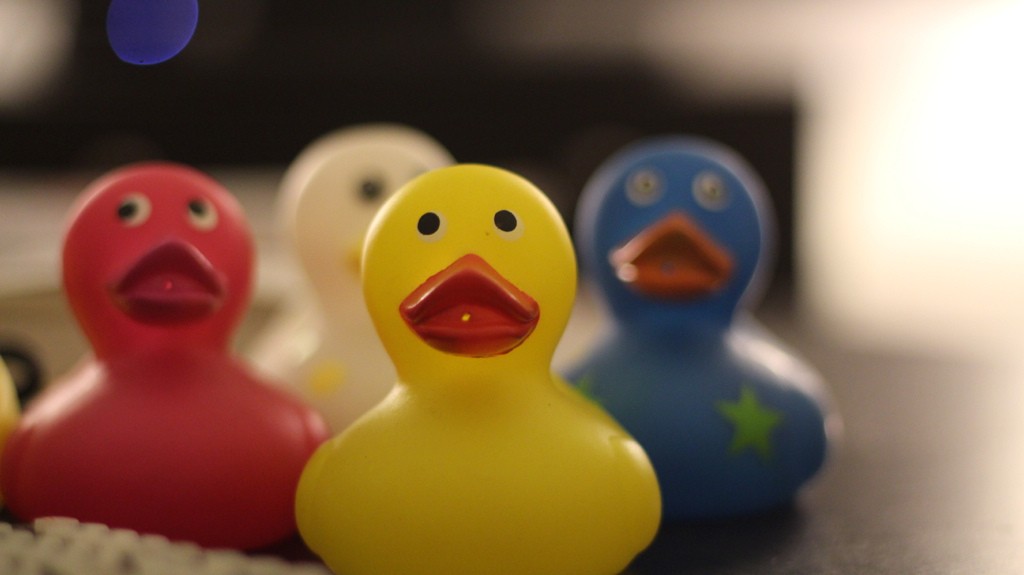
The word “quack” is defined as “a person who pretends to have skill, knowledge, or qualifications he or she does not possess” or a “medical charlatan”. The word is derived from the now obsolete Dutch word quacksalver (spelled kwakzalver in contemporary Dutch). Kwakzalver literally means “hawker of salve” (salve being a medical ointment).
9. Skate
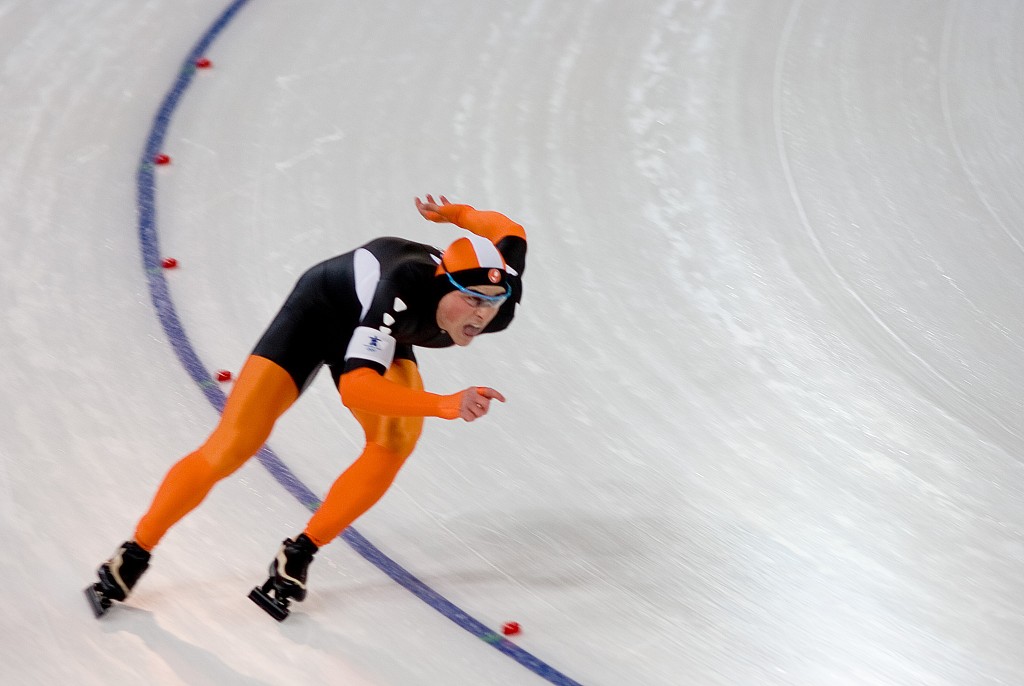
With the Dutch dominance in Olympic skating, it’s no wonder they invented the word! It is said that the word (derived from the Dutch word schaats) was brought to England in the 1660s by the exiled followers of King Charles the Second who had taken refuge in the Netherlands.
[sdpl-ad2]
10. Cruise
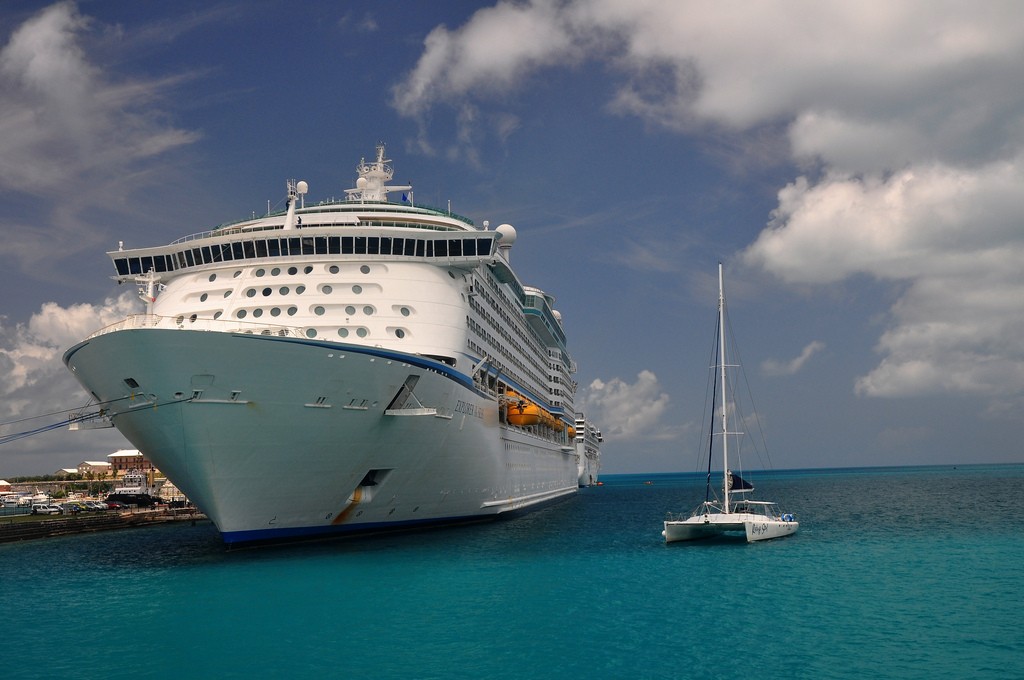
The origin of this word is the Dutch verb kruisen, which means “to cross” or to “sail to and fro”. With the Dutch being one of the leading seafaring nations it’s no wonder so many English words relating to the sea or sailing (such as “sloop”, “buoy”, “deck”, “pump”, “bow”, “skipper” and “yacht” ) have their origins in the Lowlands.
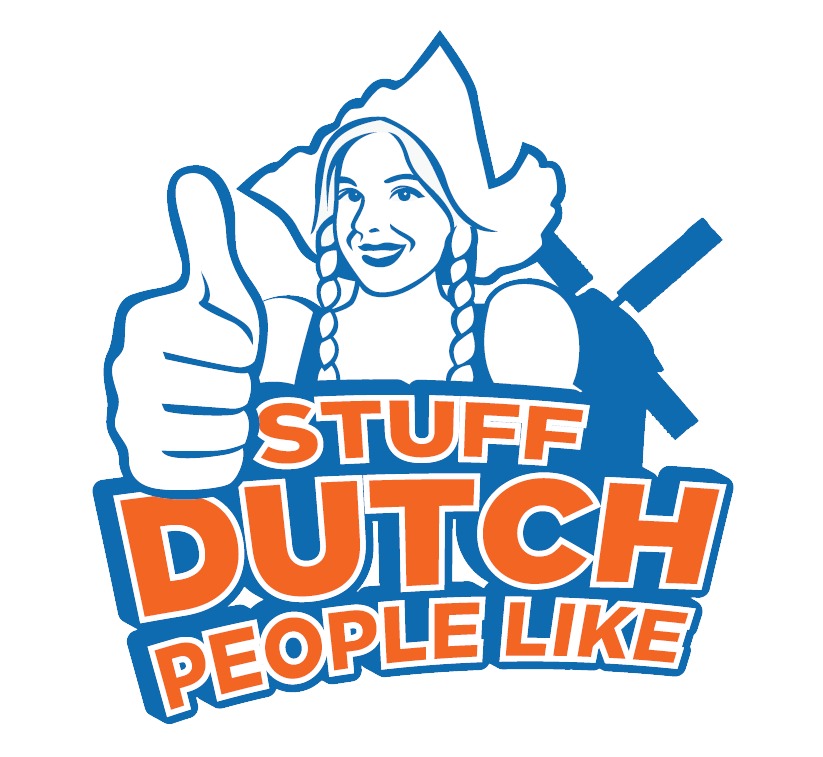
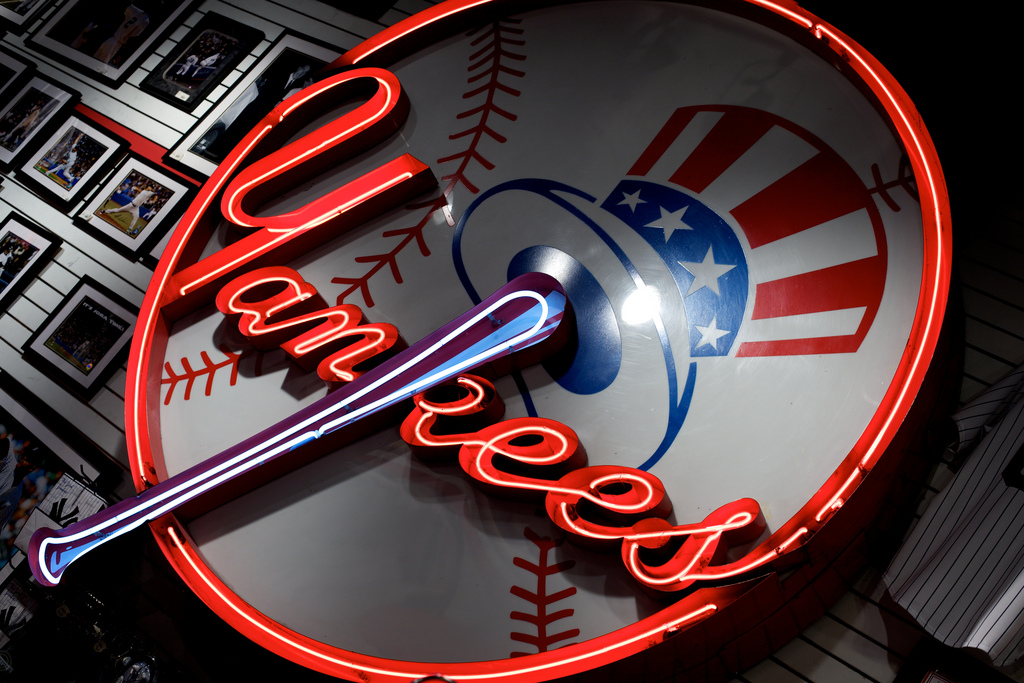

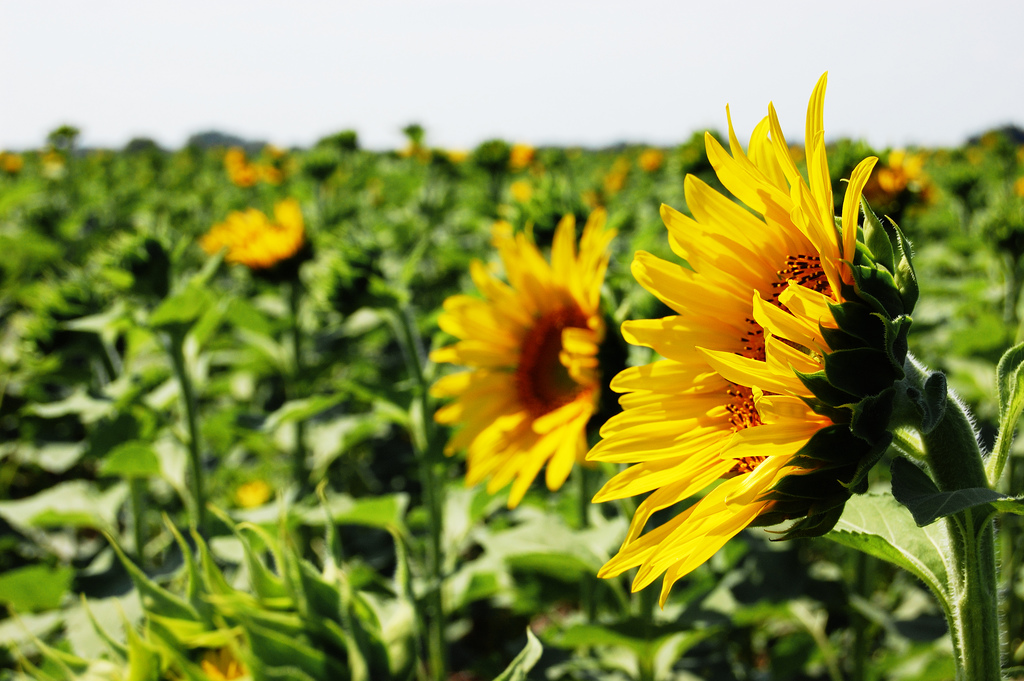


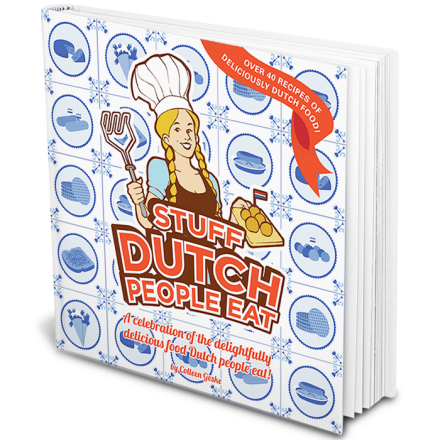
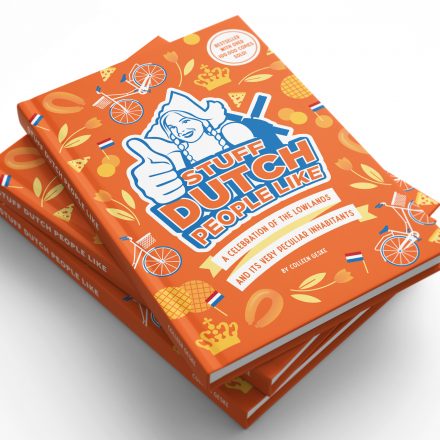
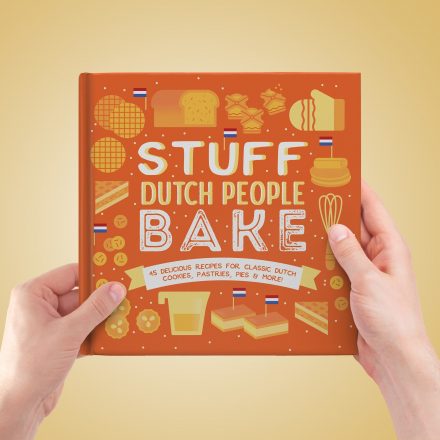
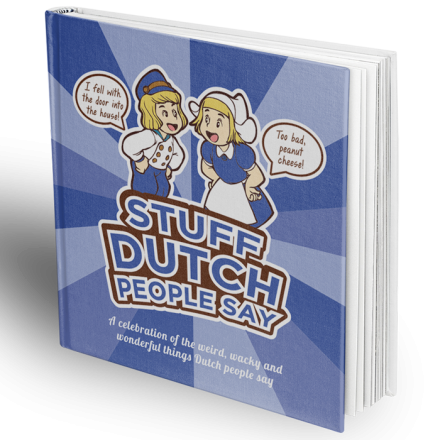
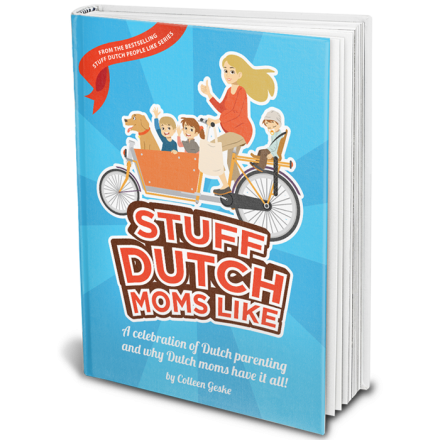
You missed out one of the best ones. Modern, polite English speakers, reluctant to use “vulgarisms” like “boll*cks” or “bullsh*t” to express their disdain, often use the word “poppycock”. If only they knew!
Apparently the word was picked up by English sailors from their Dutch contemporaries in the (I believe) 17th or 18th century. What present users don’t know is that the word came from the Dutch expression “pappe kak” which literally translates into English as “mushy shit”! The word “kak” is still used in contemporary Dutch, as it also is in English, with the spelling “cack”!
My source is the novel “Eating People is Wrong” by Malcolm Bradbury. Considering Bradbury’s First Class degree in English and his long academic career, we can assume his definition is impeccable.
dubbelganger is another one, although mispronounced.
Er, doppelganger is German. Doesn’t matter though because so’s Dutch. They both have their origins in Old High Norse. Just sayin’…
I know one more! Mister Vanderbilt (the first one) went to the States and built his imperium. At the end of the day he had to lok over the outgoing mail. He read the letters and put to the bottom the letters OK. What it means All Correct, but he wrote it like the Dutch would write it with that particular pronounciation….
Sinterklaas didn’t live in Turkey,the time he lived it belonged to Greece,he was actually Greek ☺
I like this,I live in Florida since 1989,but I am still Dutch.
What about Trek – as in Star Trek 🙂 Or the American English word Stoop (porch), and Stool (Seat)
yankee sounds a lot like the dutch word “jankie” which means cry baby.
In America, Yankee usually only refers to Northerners, so I like the crybaby story!
“Decoy” is another nice one with dutch roots, it stems from Eendekooi, which is an old contraption to catch wild ducks using “decoy” tame ducks
Some other Dutch inspired words in English ;-): 1. ‘Dutch courage’ ( courage inspired by drunkenness), 2.’Double Dutch’ (unintelligible speech), 3. ‘Dutch book’ (same as ‘cooked book’, i.e. dishonest financial statements)
apartheid, a Dutch invention.
I think “apartheid” is Afrikaans – which is of course related to Dutch.
Fantastic explanations.everyone will be delighted to hear, especially we nederlandstaligers. Great work, more please.
So these are nearly all american versions of Dutch words? So they were first used in the US, then some of them have become common in the UK, the homeland of English. We don’t say cookies, we say biscuit. A french word.
If you translate the term United States phonetically to ‘je naait het steeds’, as we would pronounce it in the Netherlands, it means ‘you screw it over and over!’, just a thought…
Nautical:
Boomvang = boom vang = tree catch = kicking strap, restrains boom perpendicular to mast
Stuurboord = steer side = starboard
Kiel = keel
Avast = hou vast = hold fast = stop, cease, hang on
Verloren = lost = forlorn
Vrijbuiter = free to seek booty (and bootie?!? 😉 ) = freebooter
Mast = duh!
Vrijboord = freeboard = distance deck to waterline
Hey, what about poop and stoop?
Poop, as in feces, comes from “poep.”
Stoop, a small staircase leading to the entrance to an apartment building, comes from “stoep.” Remember that New Amsterdam was founded by the Dutch and you can still see evidence of the original architecture in lower Manhattan and Brooklyn today. In the 17th century, as now, people enjoyed “sitting on the stoop” to socialize. People use this expression all the time without knowing its origin.
The name Brooklyn comes from Breukelen, a small city into the Netherlands.. Also Harlem comes from Haarlem a town near Amsterdam…. Nieuw Amsterdam .. The English and the Dutch did change there ownership of colonial land between Suriname and Nieuw Amsterdam… The Dutch got Suriname and the English Nieuw Amsterdam.. who got a new name: New York.. York a city in the North of England…
It means that the governors of both, the Netherlands and England were not very creative with the design of a city name.